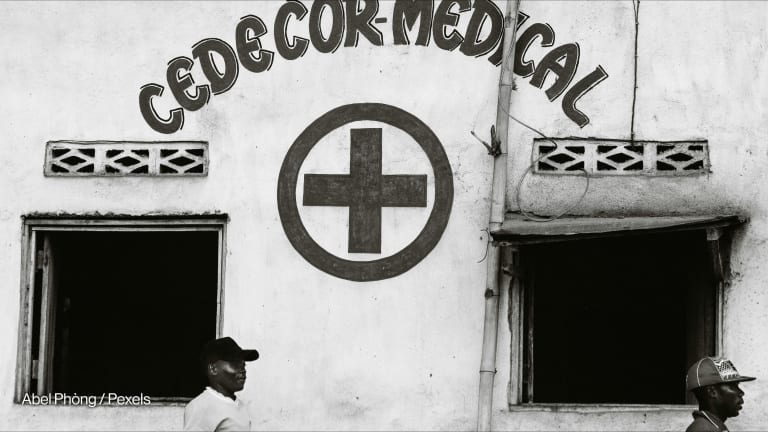There has never been a more important time to discuss the future of humanitarian action. The number and severity of humanitarian crises are growing around the world. More people are displaced from their homes than at any other time since World War II. And with a rapidly changing climate, more migration, conflict, pandemics, and natural disasters are expected.
For 25 years, the Conrad N. Hilton Foundation has honored and highlighted the lifesaving work of humanitarian organizations through the Conrad N. Hilton Humanitarian Prize. In conjunction with the prize ceremony, the Hilton Foundation hosts an annual symposium, bringing together thought leaders from around the world to discuss pressing humanitarian issues and look at the ways we must build our future together.
While COVID-19 has caused the cancellation of this in-person event, the foundation is partnering with Devex to have these fundamental conversations in a virtual setting.
One global technology trend disrupting the humanitarian aid sector is financial technology, or “fintech.”
In the humanitarian context, fintech is driven by the convergence of a number of major technological advancements: ubiquitous internet connectivity, cheap and powerful smartphones and other devices, cloud computing, mobile money platforms (including virtual currencies), and biometric identification.
This convergence has made it possible to design humanitarian interventions in ways that would have been unthinkable just a few years ago. Already a massive shift in humanitarian aid has begun: We have seen the percentage of humanitarian assistance provided in the form of cash or voucher assistance grow by 135%, from approximately $2 billion in 2015 to $4.7 billion in 2018.
What does this shift to humanitarian cash transfers mean for humanitarian action? How much further does this trend have to go, and what are the implications for the structure and effectiveness of the humanitarian system? And — thinking ahead — in what other ways might rapidly advancing fintech change the way humanitarian work is done?
Join us for the second conversation in a series on the future of humanitarian action, produced in partnership with the Conrad N. Hilton Foundation.








